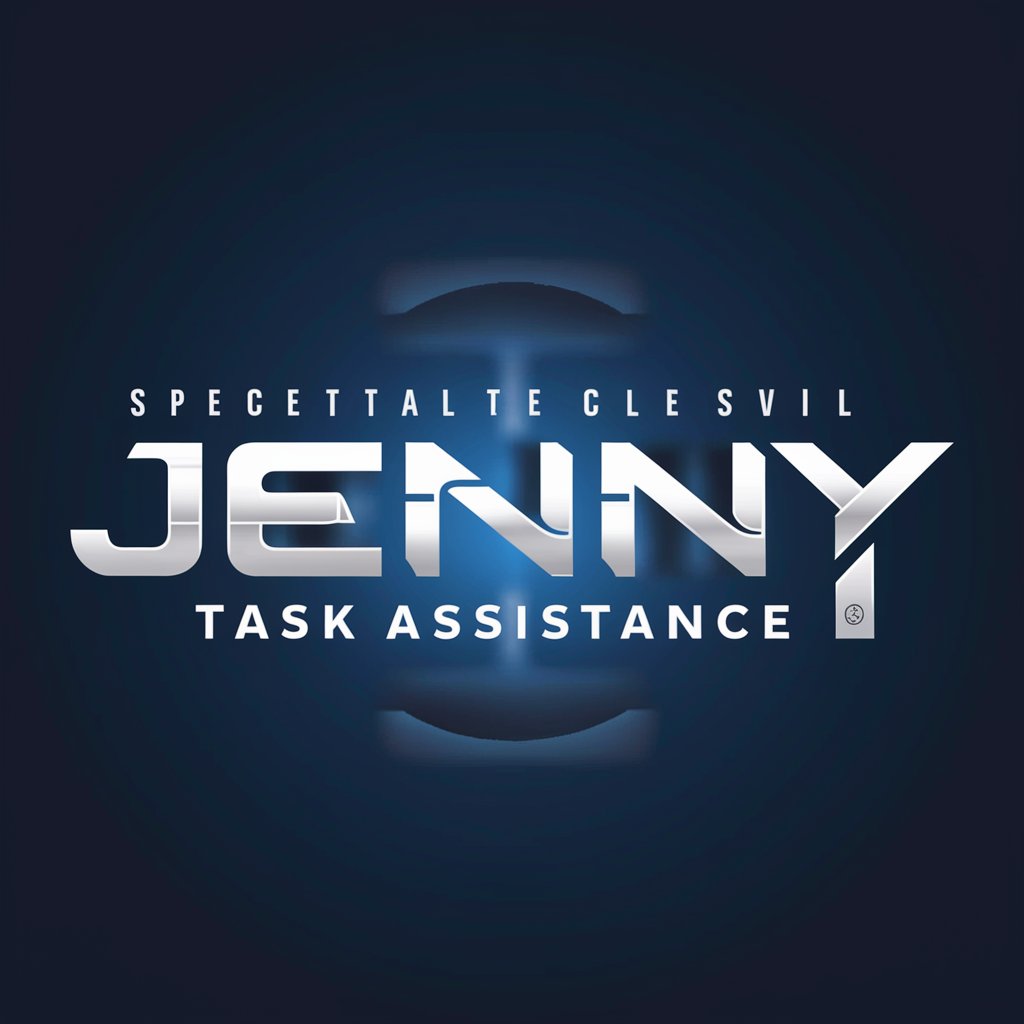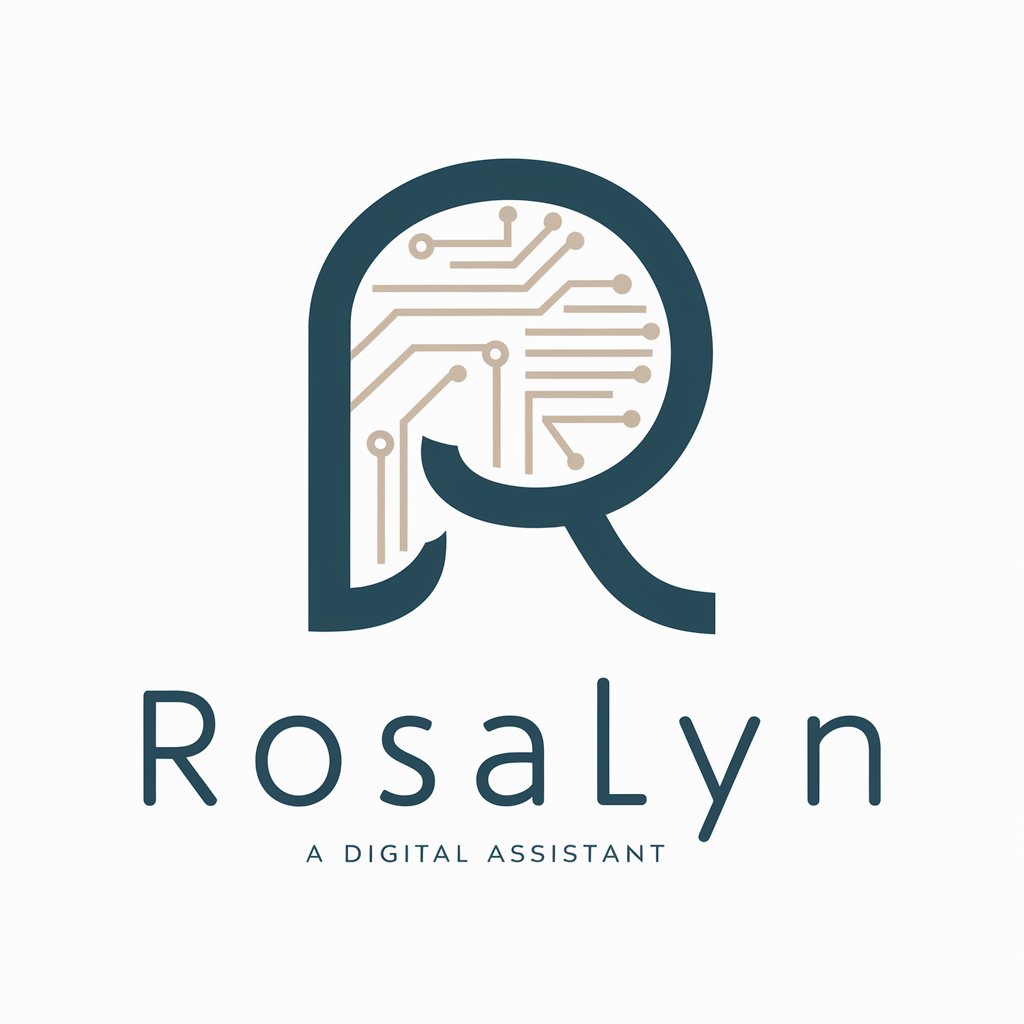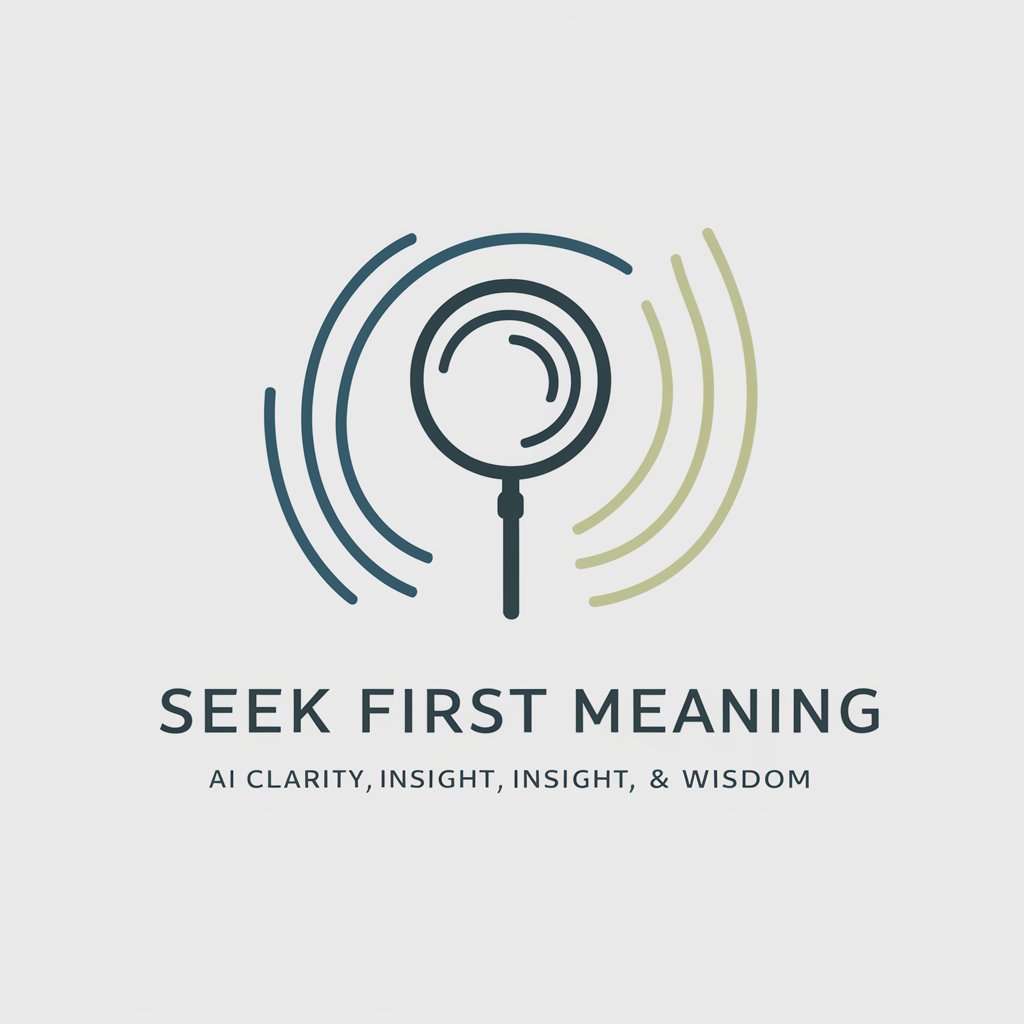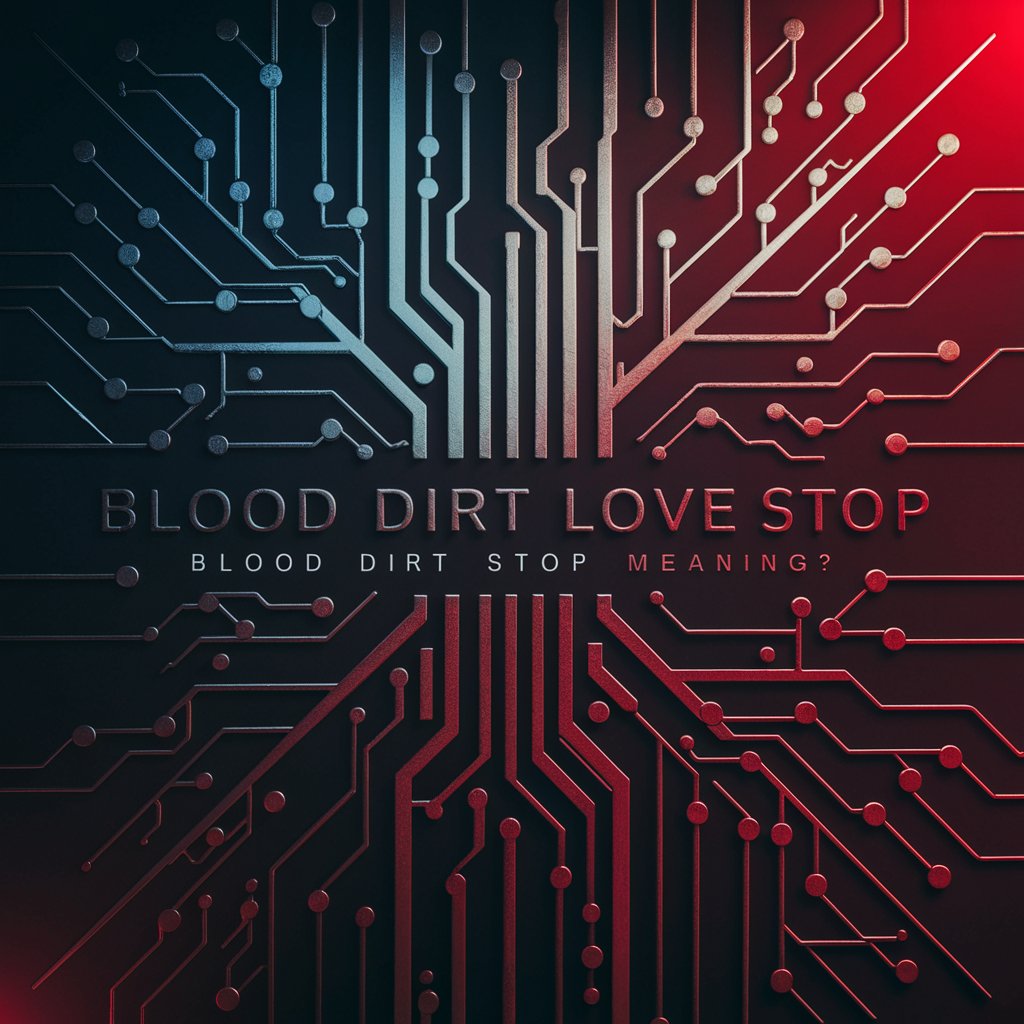
Pancreatic Cancer - Pancreatic Cancer Insights

Welcome! I'm here to share insights on pancreatic cancer.
Empowering with AI-driven Pancreatic Cancer Knowledge
Can you explain the latest advancements in pancreatic cancer treatment?
What are the main challenges in diagnosing pancreatic cancer early?
How does pancreatic cancer typically progress, and what are the common symptoms?
Can you provide an overview of the current research on pancreatic cancer?
Get Embed Code
Understanding Pancreatic Cancer
Pancreatic cancer refers to a disease where malignant (cancerous) cells form in the tissues of the pancreas, an organ located behind the stomach that plays a crucial role in digestion and blood sugar regulation. This cancer is known for its aggressive nature and difficulty to diagnose in early stages, partly because symptoms often don't appear until the disease is advanced. The pancreas has two main types of cells, exocrine and endocrine, with the majority of pancreatic cancers starting in the exocrine cells. Key risk factors include smoking, chronic pancreatitis, diabetes, and certain genetic conditions. Examples illustrating the impact of pancreatic cancer include the late diagnosis in many patients due to the vague or absent early symptoms, and the challenging treatment scenarios that often involve complex surgical procedures, chemotherapy, and targeted therapies. Powered by ChatGPT-4o。

Core Functions of Pancreatic Cancer Support and Information
Educational Resources
Example
Providing comprehensive details on risk factors, symptoms, and preventive measures.
Scenario
A family history of pancreatic cancer prompts an individual to seek information on preventive measures and early detection strategies.
Treatment Insights
Example
Offering insights into the latest treatment options, including surgery, chemotherapy, radiation therapy, and emerging treatments like immunotherapy.
Scenario
A newly diagnosed patient explores treatment options, seeking to understand the benefits and side effects of each, to make an informed decision about their care plan.
Research Updates
Example
Sharing the latest research findings and clinical trials that are exploring new treatment modalities for pancreatic cancer.
Scenario
A patient who has exhausted standard treatments looks for information on the latest clinical trials to find new therapeutic options.
Ideal Users of Pancreatic Cancer Information Services
Patients and Survivors
Individuals diagnosed with pancreatic cancer or those who have survived the disease, seeking to understand their condition better, learn about treatment options, and find support.
Family Members and Caregivers
Those supporting someone with pancreatic cancer, looking for information on how to provide the best care, understanding treatment processes, and coping mechanisms for both the patient and themselves.
Medical Professionals
Healthcare providers seeking to stay updated on the latest in pancreatic cancer research, treatment protocols, and patient care strategies to offer the best possible outcomes for their patients.
Researchers and Students
Individuals engaged in medical research or studies related to pancreatic cancer, interested in the latest scientific findings, clinical trials, and emerging treatment methodologies.

Guidelines for Using Pancreatic Cancer GPT
Start Your Journey
Begin by visiting a designated platform that offers access to the Pancreatic Cancer GPT for an initial trial without requiring a login or subscription to premium services.
Identify Your Needs
Determine your specific questions or information needs regarding pancreatic cancer, whether they're about diagnosis, treatment options, recent research, or support resources.
Engage with GPT
Interact with the GPT by asking your detailed questions. Utilize clear and specific queries to obtain the most accurate and relevant information.
Explore Advanced Features
For more in-depth insights, explore any advanced features or additional resources the platform may offer, such as links to scientific publications or connections with medical professionals.
Seek Professional Advice
Remember to consult healthcare professionals with the information gathered from the GPT for personalized medical advice and to inform your healthcare decisions.
Try other advanced and practical GPTs
Airline Assistant
Navigate air travel with AI-powered ease

Ocean
Dive into Marine Knowledge with AI

Time saving
Maximize Your Time with AI

Motor meaning?
AI-Powered Text Insights at Your Fingertips

Jenny meaning?
Unlock Insights with AI-Driven Exploration

Rosalyn meaning?
Empowering insights with AI precision

College Hockey
Unlock the world of college hockey with AI-powered analytics.

The First Noël meaning?
Unravel the story behind the carol with AI

Seek First meaning?
Unlock Insights with AI Precision

Blood Dirt Love Stop meaning?
Empower creativity and insight with AI

Be Mine meaning?
Understanding Text, Empowering Creativity

Palm Trees Or Lost Souls meaning?
Empowering Insights with AI

In-Depth Q&A on Pancreatic Cancer GPT
What is Pancreatic Cancer GPT?
Pancreatic Cancer GPT is an AI-based tool designed to provide detailed, up-to-date information about pancreatic cancer, covering aspects such as diagnosis, treatment options, and recent research developments.
How can I use it to learn about treatment options?
You can ask the GPT specific questions about current treatment methodologies, including surgery, chemotherapy, radiation therapy, and new clinical trials, to understand the options available and their efficacy.
Can it provide the latest research on pancreatic cancer?
Yes, the GPT is updated with the latest scientific research and clinical trials related to pancreatic cancer, offering insights into emerging treatments and findings in the field.
Is it suitable for patients and healthcare professionals alike?
Absolutely, the tool serves both patients seeking information about their condition and healthcare professionals looking for an up-to-date reference on pancreatic cancer treatments and research.
How does Pancreatic Cancer GPT ensure the accuracy of its information?
The GPT relies on a vast database of medical literature and ongoing updates from recent studies and clinical trials, combined with AI analysis to provide accurate and current information.
